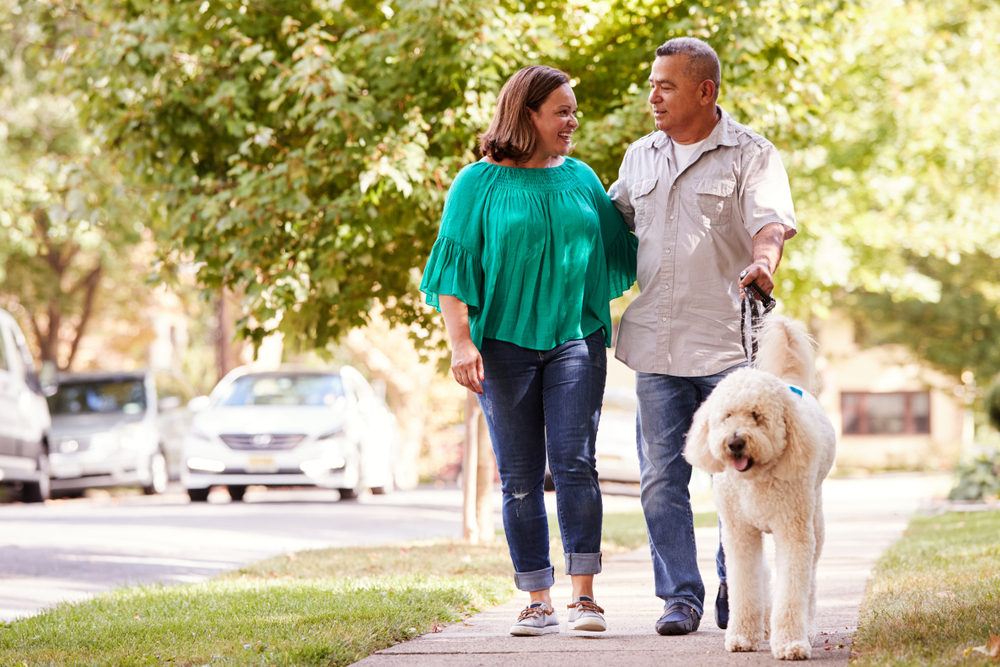
Most of us know that exercise is as good for the mind as it is for the body. It increases our oxygen levels, gets our heart rate up and helps us to improve muscle tone and reduce body fat. Now, a research study published in the Journal of Clinical Sleep Medicine has found that it may also have another surprising benefit: reducing the severity and symptoms of obstructive sleep apnea, or OSA.
Obstructive sleep apnea is a sleep breathing disorder that affects an estimated 22 million Americans, and that number continues to increase, even among children. Obstructive sleep apnea can be caused by both genetics and by the shape and size of the airway. Recent studies have also shown that it could have something to do with the fat content of the patient’s tongue.
Obstructive sleep apnea often presents itself as what seems like simply snoring, but it goes beyond that. The affected person often stops and restarts breathing as they snore, meaning they struggle to breathe and wake up over and over during the night. This often happens without the patient realizing it. This not only affects their sleep, but can also have a detrimental effect on their waking life.
Sleep apnea has been found to cause everything from depression to high blood pressure and increased risk of cancers and stroke. The disease also accounts for missed work and accidents, as sleep deprivation can cause dangerous errors while working and driving.
So, how much and what kind of exercise should you do to reduce your sleep apnea risk? Believe it or not, it’s not a whole lot. According to the study, you need just 20 minutes of walking per day to reduce your risk of sleep apnea by 10 percent. No strenuous weights or brisk pace required! As an added bonus, walking, even slowly at first, can help you lose weight, which could help reduce the severity of your sleep apnea.
Other means that can be used to reduce your sleep apnea symptoms include sleep apnea therapy via a sleep orthotic device. These devices can be custom made to fit your individual mouth and are available at Dr. Mingus’ office. To learn more about getting your own sleep orthotic, please call the office at 541-382-6565.

